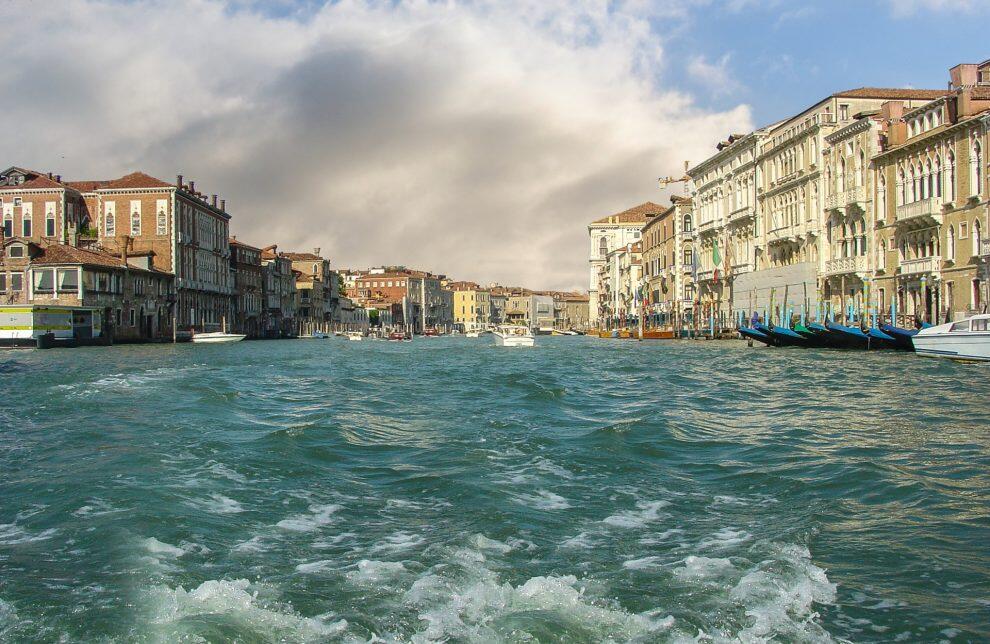It’s been two years since jubilant negotiators signed the Paris Agreement, pledging to collaborate on keeping global temperature rise well below 2°C. After this year’s climate conference in Bonn, we can see that Paris marked a pivotal moment in global action on climate change, CDP, the global leader in climate disclosure, reports.
Paris paved the way for the world’s major actors—from national governments to cities, states, and regions, from businesses to investors—to raise their environmental ambition by working together.
We’ve set the course of progress. Now we need to pick up the pace.
Here at CDP, we’re seeing that business is starting to make good on its commitments: we’re reaching a tipping point in corporate engagement. Over 6,000 major companies now disclose their environmental performance to us. And, as our latest analysis shows, almost 90 per cent of our sample of the world’s highest impact companies now have targets to reduce their carbon emissions.
Meanwhile, national governments are ramping up efforts to deliver the national commitments—Nationally Determined Contributions— pledged in Paris. But they need to go further. Environmental disclosure is a critical step towards upping their ambition.
That’s why CDP’s recent Memorandum of Understanding (MoU) with the Italian government is so important. Through our agreement, Italy aims to accelerate its emissions reduction activities to deliver on its NDC commitments, by inviting 100 of the country’s largest companies and cities to monitor and manage their climate-related risks through CDP.
The MoU is an important step in the right direction: it confirms Italy’s environmental leadership and cements CDP’s disclosure platform as the global standard for governments and non-state actors in the fight against climate change. But it’s also an opportunity for the government to stimulate low-carbon growth and add to the €4.2 trillion global market in low-carbon goods and services.
The agreement comes as momentum is building within the EU as a whole. From 2018, large public-interest companies will have to disclose non-financial information as part of an EU directive.
Italian cities taking action
Our partnership is targeting both companies and Italy’s major cities. It’s often in cities, states, and regions where environmental ambition is at its highest—and where we’re moving fastest towards a low-carbon transition.
Italy already has 21 cities disclosing to CDP, with more than 200 climate actions underway to mitigate the effects of climate change and secure a safe and sustainable water supply.
Milan, for example, has identified increased flooding as a major issue. It has already completed a thorough process of flood mapping and will incorporate the findings into its next urban master plan.
Meanwhile, in Venice, a global symbol of what’s at stake in the fight against climate change, engineers are completing work on a row of mobile gates to protect it from tidal surges. But the city is also seeing opportunities from the new sustainable economy: it’s leading the way on resource efficiency through infrastructure improvements, waste management, and water meters.
Disclosure is the first step to action
As we move towards a tipping point in environmental action, we’ll need more national governments to commit to supporting corporate and regional disclosure. It’s the first step to truly ambitious action, and fundamental if we’re to track progress towards the goals of the Paris Agreement.
CDP provides the primary tool for governments, globally, to drive the environmental policy that underpins low-carbon growth. We’re calling on them to require private sector disclosure on environmental risks and opportunities, to ensure that the global financial system is stable and sustainable.
Scaling up our low-carbon transition is vital: we have the tools and we now need further shifts in collaboration from governments across the world to reach the goals set two years ago in Paris.
Source: http://bit.ly/2jRima9











